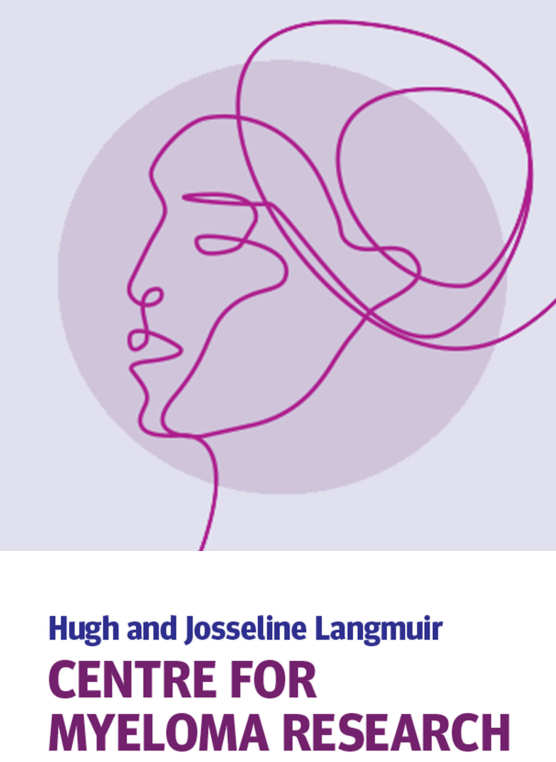BibTex format
@article{Pavlu:2017:10.1038/bmt.2017.113,
author = {Pavlu, J and Auner, H and Szydlo, RM and Sevillano, B and Palani, R and O'Boyle, F and Chaidos, A and Jakob, C and Kanfer, E and MacDonald, D and Milojkovic, D and Rahemtulla, A and Bradshaw, A and Olavarria, E and Apperley, JF and Pello, OM},
doi = {10.1038/bmt.2017.113},
journal = {Bone Marrow Transplantation},
pages = {1599--1601},
title = {Analysis of hematopoietic recovery after autologous transplantation as method of quality control for long-term progenitor cell cryopreservation.},
url = {http://dx.doi.org/10.1038/bmt.2017.113},
volume = {52},
year = {2017}
}
RIS format (EndNote, RefMan)
TY - JOUR
AB - Hematopoietic precursor cells (HPC) are able to restore hematopoiesis after high-dose chemotherapy and their cryopreservation is routinely employed prior to the autologous hematopoietic cell transplantation (AHCT). Although previous studies showed feasibility of long-term HPC storage, concerns remain about possible negative effects on their potency. To study the effects of long-term cryopreservation, we compared time to neutrophil and platelet recovery in 50 patients receiving two AHCT for multiple myeloma at least 2 years apart between 2006 and 2016, using HPC obtained from one mobilization and collection attempt before the first transplant. This product was divided into equivalent fractions allowing a minimum of 2 × 106 CD34+ cells/kg recipient’s weight. One fraction was used for the first transplant after median storage of 60 days (range, 17–165) and another fraction was used after median storage of 1448 days (range, 849–3510) at the second AHCT. Neutrophil recovery occurred at 14 days (median; range, 11–21) after the first and 13 days (10–20) after the second AHCT. Platelets recovered at a median of 16 days after both procedures. Considering other factors, such as disease status, conditioning and HPC dose, this single institution data demonstrated no reduction in the potency of HPC after long-term storage.
AU - Pavlu,J
AU - Auner,H
AU - Szydlo,RM
AU - Sevillano,B
AU - Palani,R
AU - O'Boyle,F
AU - Chaidos,A
AU - Jakob,C
AU - Kanfer,E
AU - MacDonald,D
AU - Milojkovic,D
AU - Rahemtulla,A
AU - Bradshaw,A
AU - Olavarria,E
AU - Apperley,JF
AU - Pello,OM
DO - 10.1038/bmt.2017.113
EP - 1601
PY - 2017///
SN - 1476-5365
SP - 1599
TI - Analysis of hematopoietic recovery after autologous transplantation as method of quality control for long-term progenitor cell cryopreservation.
T2 - Bone Marrow Transplantation
UR - http://dx.doi.org/10.1038/bmt.2017.113
UR - http://hdl.handle.net/10044/1/50999
VL - 52
ER -
